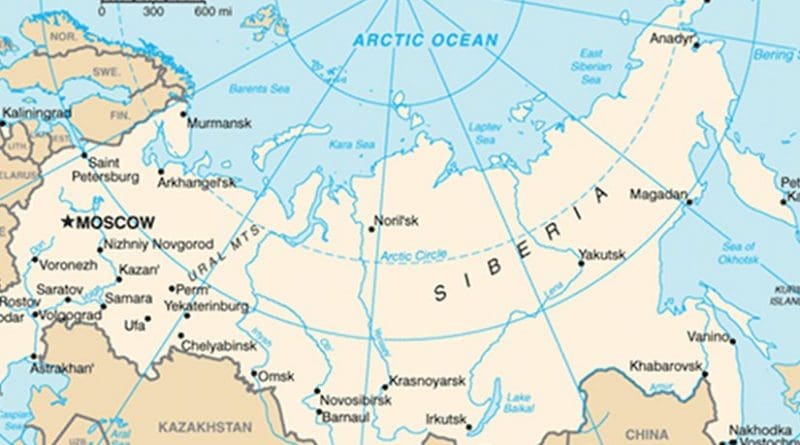Moscow Now Using Genetics In Its Divide-And-Rule Strategy Against Tatars – OpEd
By Paul Goble
Soviet and Russian rulers have used a variety of means in order to reduce the possibility that the Kazan Tatars, the Siberian Tatars and the Crimean Tatars will make common cause against Moscow. But now, a Russian paper reports, the powers that be are using a new tool.
Moscow’s “Gazeta” reports that genetic studies carried between 2006 and 2014 prove that the various Tatar groups do not have a common origin because genetically, the three peoples “are not like one another” (https://www.gazeta.ru/science/2016/12/14_a_10425539.shtml#page6 and nazaccent.ru/content/22670-uchenye-ne-nashli-dokazatelstv-obshego-proishozhdeniya.html).
“In other words,” the Russian researchers say, “the gene funds of the contemporary groups of Tatars must not be considered ‘fragments of a mosaic’ of a one-time common Tatar population [as many Tatars and some Russians have argued] but rather ‘a gallery’ of various genetic portaits.”
Three aspects of this report make it noteworthy: First and foremost, it shows that Moscow is prepared to do what it can to undermine the Volga Tatars, the second largest nationality in the Russian Federation, and will use any method to do so, however problematic it may be, given that culture is not the same thing as genetics.
Second, this approach reflects the increasing biologization of nationality among Russians, a trend to consider genetics the final word on ethnic borders rather than culture or language, and that in turn opens the way for racialist approaches to ethnicity not only among the Tatars but among all groups.
And finally, while the Russian scholars are unlikely to draw attention to this fact, the use of genetics to describe populations almost certainly would show that the much-ballyhooed unity of the Russian ethnos is far from being supported genetically. Almost certainly, given the geographic range and cultural contacts of the Russians, it would show just the reverse.
Thus, what Moscow is deploying against the Tatars may come back to haunt it not only by biologizing ethnicity and nationality but also by undermining Moscow’s claims about the fundamental underlying unity of the Great Russian Nation.

